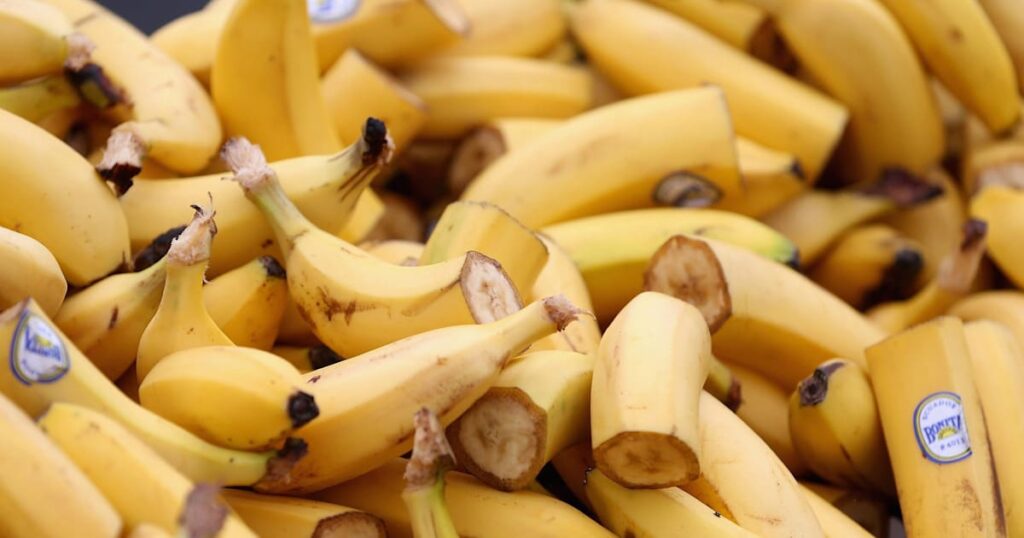Optimizing Marathon Nutrition: Fueling Your Training and Race Day
As any seasoned marathon runner will tell you, maintaining proper nutrition is crucial for success in both training and race day performance. While the vast miles logged in preparation are important, the fuel you provide your body is equally essential. Here, we will explore vital marathon nutrition tips that can help enhance your performance and ensure you’re fully prepared to cross the finish line.
Understanding Your Calorie Needs
If you’re just beginning your marathon training, it’s important to adjust your daily calorie intake to match your increased activity level. Alexandra Cook, a dietitian specializing in athletic performance, notes that neglecting energy intake while intensifying training can significantly impact your ability to train and overall health. For instance, running typically burns between 100 to 120 calories per mile, necessitating a careful balance of calorie consumption even on rest days. Understanding your calorie needs is vital for recovery and long-term success.
Calculating Your Basal Metabolic Rate (BMR)
To gauge your daily caloric needs, you can use the Schofield Equation, which helps estimate your Basal Metabolic Rate (BMR). For men aged 18-29, the formula is: 15.1 x weight in kg + 692, and for women in the same age group: 14.8 x weight in kg + 487. This provides a baseline to then multiply based on your activity level (inactive, moderately active, very active) to determine total caloric requirements.
Carbohydrate Needs: The Key Energy Source
Understanding the role of carbohydrates in marathon training is paramount. Carbohydrates quickly convert into glucose, the body’s principal energy source. Cook recommends varying carbohydrate intake depending on exercise intensity, estimating needs as follows:
- Light Intensity: 3-5g of carbs per kilogram of body weight for less than 1 hour of exercise.
- Moderate Intensity: 5-7g for more than 1 hour of exercise.
- High Intensity: 6-10g for 1-3 hours of vigorous exercise.
- Very High Intensity: 8-12g for 4+ hours of strenuous training.
Increasing Protein for Muscle Recovery
Not only is fueling your body with carbohydrates crucial, but adequate protein intake aids in muscle recovery during training. Nutritionist Renee McGregor suggests consuming between 1.4 to 1.8 grams of protein per kilogram of body weight each day. This can come from sources such as eggs, Greek yogurt, fish, and legumes. Aiming for the higher end of this recommendation during intense training sessions can help repair muscle tissue effectively.
Pre-Race Nutrition: The Night Before and Morning of the Marathon
One common mistake runners make is overloading on carbohydrates the night before a race. Instead, McGregor advises gradually increasing carb intake a few days leading up to the event. Focus on lighter meals, such as sweet potatoes and soup, to avoid gastrointestinal discomfort on race day. On race morning, stick with familiar foods you have practiced with during your training runs, such as toast with peanut butter. Eating between one to four hours before the race is ideal for most runners, depending on personal preference.
Fuel Management During the Marathon
During the marathon, managing fuel intake is crucial to avoid hitting the “wall.” Cook recommends starting your fueling strategy within the first 20 minutes of the race, consuming 30-60g of carbohydrates per hour. Energy gels, drinks, or chews can provide necessary nutrients, but it’s important to avoid overconsumption, as the gut can only absorb around 60g of carbohydrates per hour. If digestive issues arise, even small quantities of carbs can help improve overall performance.
Post-Race Nutrition: Celebrating Your Achievement
Once you cross the finish line, it’s time to celebrate your hard work. While recovery nutrition is essential following training sessions, after completing a marathon, there’s often more flexibility. McGregor suggests enjoying a meal within a couple of hours post-race, focusing on replenishing energy stores without strict dietary limitations. Celebrate your accomplishment, and let your body recover naturally with good nutrition.
In conclusion, optimizing your marathon nutrition can significantly boost your training and racing experience. From assessing your caloric requirements to choosing the right foods before and during the race, applying these tips can enhance your performance. For more on sports nutrition and fueling strategies, visit The Sports Dietitian for expert advice tailored to athletes.
